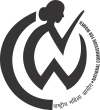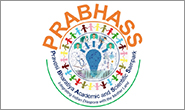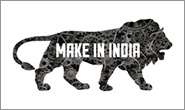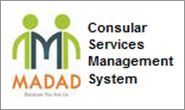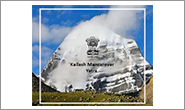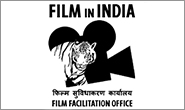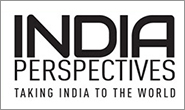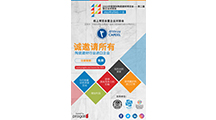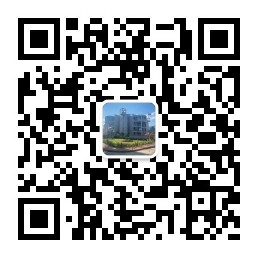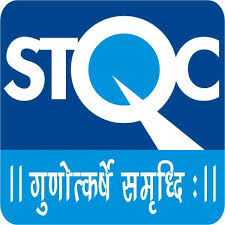Menu
- Home
- About Us
- Media Centre
- Bilateral Relations
- Trade & Commerce
- Trade and Economic Relations
- Trade Fairs/Exhibitions
- FDI Policy and Procedures
- Legal/Dispute Resolution System
- Useful Web Links
- Import/Export and Verification of Company
- Apply Online for Commercial Attestation
- Registration for Reference guides & List of companies involved in Trade Disputes

- Trade Dispute & Advisories
- Consular & Visa
- Passport and Consular Services
- Overseas Voters
- Visa Services
- Important Notices
- Year wise data of deaths of Indians
- Registration for Indians In China
- Registration of Indian Students Studying in China
- Appointment Booking
- Ban on use of Satellite Phone in India
- FAQ on Marital disputes involving NRI/PIO spouses

- India-SCO
- Cultural Centre
- E-Citizen / Tenders
- Useful Links
- Useful Links

- Observer Research Foundation

- India Perspectives

- Overseas Voters
- Buddhist Circuit Special Train

- Invest India

- Aero India 2023

- China Information
- Department of Industrial Policy & Promotion

- Indian Style Buddhist Temple Luoyang
- India in Business

- India Brand Equity Foundation

- Health Tourism

- Glance@India

- GI Digital Catalogue

- Useful Links
- Consulates
- E-books
- Events


